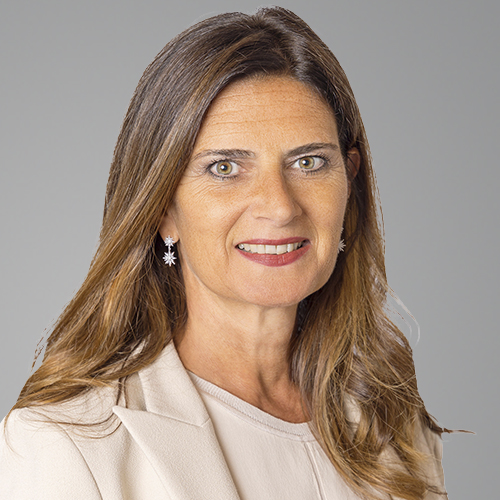The importance of a financial centre or bank cannot be assessed based on assets under management alone. First and foremost, what makes Switzerland the world leader in cross-border private banking is the excellent service and management know-how it offers, rather than the volume of assets it manages.
Each year, global league tables of financial centres aim to show which country is winning the race to have the most assets under management and can therefore be regarded as the most attractive. However, these figures depend to a large extent on how markets are performing, and the league tables fail to take into account the composition of the assets or how they are managed, so they can be misleading. A million dollars of short-term deposits is very different to a million dollars invested actively through a discretionary mandate. To give a more accurate picture of how competitive a financial centre or private bank is, it is better to focus on the excellence of its service and expertise, which is the only guarantee of long-term success.
Focusing efforts
As in the retail industry, the big names cannot rival specialist boutiques in terms of service quality. However, for an asset and wealth management bank, the challenge is to offer a range of products and solutions that is sophisticated but broad enough to compete with the all-purpose banks. Private banks must therefore channel most of their resources into their core business – wealth and asset management. For this reason, most of the large Swiss private banks have developed their asset management operations so that they can offer private clients a professional service and meet the expectations of this particularly demanding customer segment. With a tradition stretching back more than two centuries, Switzerland is the only financial centre to feature such a multitude of internationally renowned actors. Private clients who choose these pure-play institutions have the best of both worlds: the close personal relationship and tailored service of a private bank, coupled with the technical skills and rigour of an institutional asset manager.
Managing resources
However, the kind of longevity that Switzerland has achieved requires a longer-term vision based on a highly selective approach in terms of markets and client types, along with strict risk management. Asset and wealth management banks know that the only way of guarding against reputational damage and the risk of failing to comply with regulations is to be more transparent and have a rigorous compliance policy. This may force them to withdraw from certain business areas, which may cause their revenues to fall in the short term. However, it will result in a more targeted service that is better suited to both the investment needs of their clients and local regulations. Excellence therefore means being selective, by focusing resources on creating value for clients.
Investing constantly in the business
To achieve excellence, a business needs to invest constantly. In private banking, this means investing in your people primarily, because the profession is and will always be based on personal relationships. Fortunately, Switzerland has an unrivalled talent pool, and the challenge for banks is to attract and retain the best professionals, by providing desirable remuneration but also a business culture and organisation that allows them to fulfil their potential. In that respect, family-owned banks have an undeniable advantage in terms of their stability, people-centric approach and long-term vision.
Banks also need to invest constantly in innovation, in order to improve their processes and customer experience, but also to provide a bespoke service that addresses the individual situation and specific needs of each client. To help achieve this, they must adopt new technological tools and automate low-value-added operations, easing the burden on wealth managers and allowing them to focus on the most important aspects of their jobs, i.e. service and portfolio management.
Future heirs
This is what really matters to clients, no matter which generation they belong to. There is often a misunderstanding about what younger people want when choosing between the various types of service on offer, i.e. retail or online banking as opposed to asset and wealth management. As regards managing day-to-day spending, neobanks make this easy, which is attractive to millennials and Gen Z. However, the same is not true if they want to make substantial investments. Surveys of our clients‘ future heirs clearly show that they are aware of the issues involved and the skills needed. Although they want greater transparency and the ability to consult their portfolio at any time, what they want most of all is a wealth manager who speaks their language, understands their particular circumstances, and can give them the benefit of their discretionary management expertise along with tailored advice.
Switzerland: the country that has it all
With a service culture deeply rooted in its DNA and a long tradition of international asset management, the Swiss financial centre has an undeniable competitive advantage, especially since it offers access to a broad array of asset classes and highly sophisticated solutions. So choosing a Swiss private bank means choosing quality and excellence, which are vital for safeguarding a family’s long-term wealth over multiple generations.









